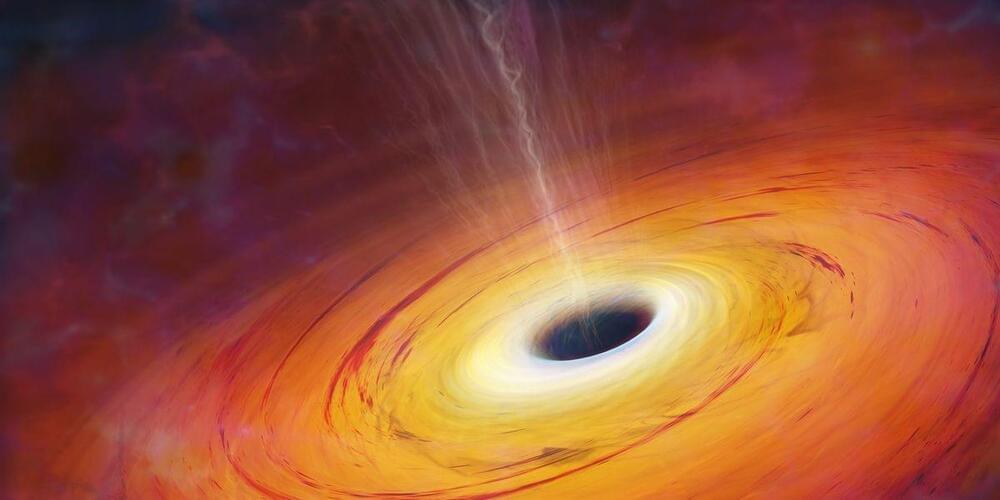Stephen Hawking’s suggestion that black holes “leak” radiation left physicists with a problem they have been attempting to solve for 51 years.
In what is arguably his most significant contribution to science, Stephen Hawking suggested that black holes can leak a form of radiation that causes them to gradually ebb away, and eventually end their lives in a massive explosive event.
This radiation 0, later called “Hawking radiation,” inadvertently causes a problem at the intersection of general relativity and quantum physics — the former being the best description we have of gravity and the universe on cosmically massive scales, while the latter is the most robust model of the physics that governs the very small.
The two theories have been confirmed repeatedly since their distinct inceptions at the start of the 20th century. Yet, they remain frustratingly incompatible.
